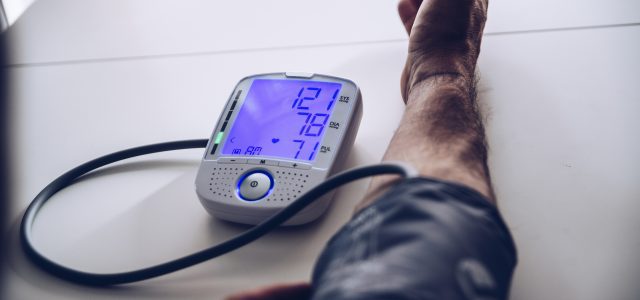As you get older, you may find your energy levels decreasing and the tendency that you brew an extra cup of coffee throughout the day increasing. Sure, that delicious morning cup o’ joe works wonders in getting you up and moving to start your day, but what is it actually doing to your health?
Is Coffee Bad for Me?
The question as to whether or not coffee is bad for your health has been a hot topic over the years, resulting in many contradicting studies. But the answer to that question may lie in how often you drink it and how you take your coffee.
Regardless of doctors warning over the years that coffee may increase the risk of heart disease, stunt growth, create a caffeine dependendency, and damage the digestive tract, about 64% of Americans still drink at least one cup a day.
However, new research shows that the warnings from the doctors that deemed coffee unhealthy may not have been as accurate since the earlier studies did not always rule out other factors such as those who smoke, drink alcohol, or fail to exercise. Recent studies did not find a significant link between caffeine and high cholesterol, irregular heartbeats, stroke or heart attack.
While a single cup of black coffee a day may not have significant damages on your health, several cups of coffee with cream and sugar may have a different result. Black coffee gives the same boost of energy and metabolic rate for only 2 calories, while large sugary frappuccinos can have around 800 calories per drink. Weight gain and extra sugar in the diet can lead to cardiac risk and diabetes, so be sure to limit the additives.
Are There Negative Effects to Drinking Coffee?
For many, the comforting smell and taste of that ritualistic brew is what they look forward to every morning, and some even rely on it as a mid-afternoon pick-me-up and pairing with dessert. While federal dietary guidelines suggest that it is safe to consume 3-5 eight-ounce cups of coffee a day, exceeding that amount can have negative effects on your health.
Consuming too much caffeine can lead to jitteriness, anxiety, heart palpitations, raised blood pressure, and panic attacks so it is recommended to limit coffee consumption if you suffer from anxiety issues, high blood pressure or insomnia. Pregnant women and children should also avoid drinking coffee.
There may also be some indirect consequences on your health regarding your coffee intake. If coffee is consumed later in the afternoon, it can disrupt sleep, which may result in health complications.
Are there Any Benefits?
The good news all you coffee drinkers have been waiting for — there are proven benefits to the beverage, as long as it is consumed responsibly, and the benefits may even outweigh the risks!
Coffee is high in antioxidants and has been found to lower the risk of strokes and coronary heart disease since it keeps blood vessels flexible. A separate study also found that plain black coffee may lower the risk of developing type 2 diabetes due to its effect on hormone levels involved in metabolism.
Studies have found that coffee may be attributed to lowering the risk of developing Alzheimer’s disease by 65% and Parkinson’s disease by 32-60%. Plus, it’s been found to boost mood and sharpen mental focus (which most of us can already attest to).
What Are Alternative Ways to Boost My Energy?
You don’t have to go and immediately throw out all of your coffee filters and beans. Studies have found that there are both benefits to drinking coffee, as well as negative health effects if too much of it is consumed or made with cream and sugar.
If you’re looking for alternative ways to boost your energy levels without consuming an excessive amount of caffeine, schedule a consultation with Renewed Vitality. Insomnia and decreased energy may be signs of a hormone imbalance and our bioidentical hormone therapy can help you feel like your old self again!





